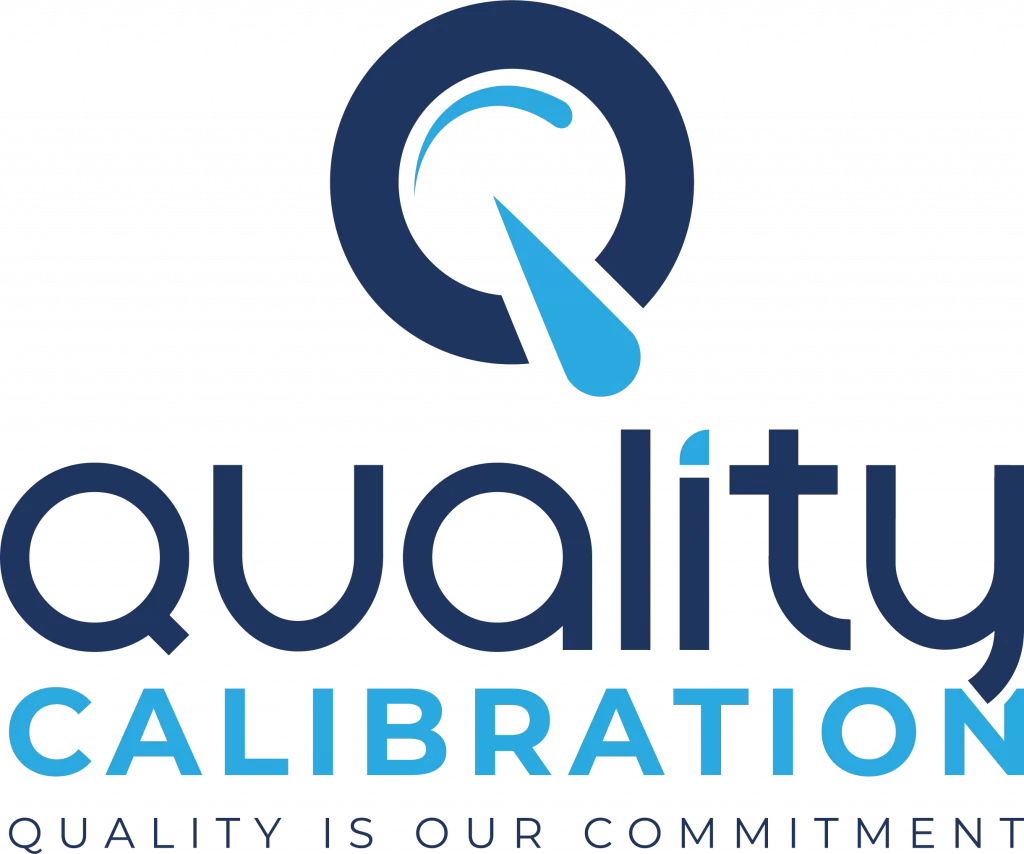A flow meter calibration certificate is a critical document that validates the accuracy and reliability of flow meters used in various industries. Flow meters are essential instruments for measuring the rate of fluid flow in pipes and systems, and their precise calibration is crucial for ensuring accurate readings and optimizing process efficiency. In this article, we will delve into the significance of flow meter calibration certificates, their key elements, the benefits they offer, and the importance of calibration frequency and traceability.
Importance of Flow Meter Calibration Certificates
Ensuring Measurement Accuracy
Flow meters play a vital role in industries such as oil and gas, water treatment, pharmaceuticals, and manufacturing, where precise flow rate measurements are essential for process control and optimization. Calibration certificates validate that the flow meter’s measurements are accurate and reliable, providing businesses with confidence in their data.
Compliance with Industry Standards
In many industries, regulatory bodies and quality management systems require flow meters to be calibrated regularly and accompanied by calibration certificates. Compliance with these standards is crucial for maintaining the safety, efficiency, and quality of operations.
Key Elements of a Flow Meter Calibration Certificate
Identification of the Flow Meter
The calibration certificate begins with the identification of the flow meter being calibrated. This section includes details such as the flow meter’s model, serial number, and other unique identifiers to ensure that the certificate corresponds to the specific flow meter in use.
Calibration Date and Expiration Date
The certificate specifies the calibration date when the flow meter was calibrated. It also indicates the expiration date, after which the certificate becomes invalid, emphasizing the importance of timely recalibration.
Calibration Standards and Procedures
Flow meter calibration involves comparing the meter’s readings with traceable calibration standards. The certificate outlines the calibration standards used and the specific procedures followed during calibration.
Flow Meter Readings and Uncertainties
The certificate includes the flow meter’s pre-calibration and post-calibration readings. It also provides information about the measurement uncertainties, reflecting the range of potential errors associated with the calibration results.
Adjustments and Corrections
If any adjustments or corrections were made to the flow meter during calibration, they are documented in the certificate. This information highlights any deviations found during the calibration process and the actions taken to ensure accuracy.
Calibration Lab Information and Accreditation
The certificate includes details about the calibration laboratory, such as its name, address, and contact information. It also indicates the laboratory’s accreditation status, ensuring the reliability and legitimacy of the calibration results. Contact Quality Calibration Solution – Best Calibration Laboratory in Bangladesh for any type of Calibration needs.
Authorized Signatures and Stamps
Flow meter calibration certificates are signed and stamped by authorized personnel from the calibration laboratory. These signatures and stamps authenticate the validity of the certificate.
Benefits of Flow Meter Calibration Certificates
Accurate Process Control
Calibrated flow meters provide accurate flow rate measurements, enabling precise control of processes. This accuracy ensures that resources are utilized efficiently, reducing waste and improving overall productivity.
Cost Savings
Accurate flow measurements lead to optimized resource usage, reducing operational costs. Calibration certificates provide the assurance that the flow meter is operating at its peak performance.
Regulatory Compliance
Flow meter calibration certificates demonstrate compliance with industry standards and regulatory requirements. They serve as evidence of the flow meter’s accuracy during audits and inspections.
Equipment Longevity
Regular calibration and adherence to maintenance schedules prolong the life of flow meters. Calibration certificates help identify potential issues early, allowing for timely repairs and preventing costly breakdowns.
Read the requirements of Calibration Certificate.
Importance of Calibration Frequency
Determining Calibration Frequency
The calibration frequency for flow meters is determined based on several factors, including the meter’s usage, the criticality of the application, and industry regulations. Critical flow meters may require more frequent calibration to ensure accuracy.
Scheduled Recalibration
Following a regular recalibration schedule is crucial for maintaining measurement accuracy over time. Calibration certificates with clearly defined expiration dates help businesses plan and execute recalibration activities in a timely manner.
Traceability: Establishing Confidence in Calibration Results
The Significance of Traceability
Traceability is a fundamental aspect of flow meter calibration certificates. It ensures that the calibration process follows a documented and traceable path back to recognized national or international measurement standards.
Verifying Traceability Information
Businesses should verify the traceability information provided in the calibration certificate to ensure that the calibration results are valid and accurate. A clear chain of traceability enhances the credibility of the calibration certificate.
Bottom Line
Flow meter calibration certificates are indispensable for businesses relying on accurate flow rate measurements. These certificates provide evidence of compliance with industry standards, regulatory requirements, and quality management systems. By ensuring the accuracy and reliability of flow meters, calibration certificates contribute to enhanced process control, cost savings, and improved equipment longevity. Businesses should prioritize regular calibration and maintain accurate calibration certificates to uphold measurement accuracy and optimize their operations in various industries. Understanding the importance of calibration frequency and traceability further strengthens businesses’ confidence in their flow meter calibration processes.

Md. Hasan Ibrahim is a Technical Manager at Quality Calibration with extensive experience in the calibration sector since 2015. Holding a Bachelor of Science degree in Mechanical Engineering from Khulna University of Engineering & Technology (KUET), he has received training from various national and international organizations including CSIR-CMERI, QSI, BAB, NML-BSTI, memmert, and X-rite. With expertise in ISO/IEC 17025 assessment, method validation, metrological traceability, and uncertainty, he has successfully completed numerous calibration projects across diverse industries such as pharmaceuticals, food & beverage, oil & gas, textiles & garments, power plants, batteries, chemicals, hospitals & healthcare, and private universities.


